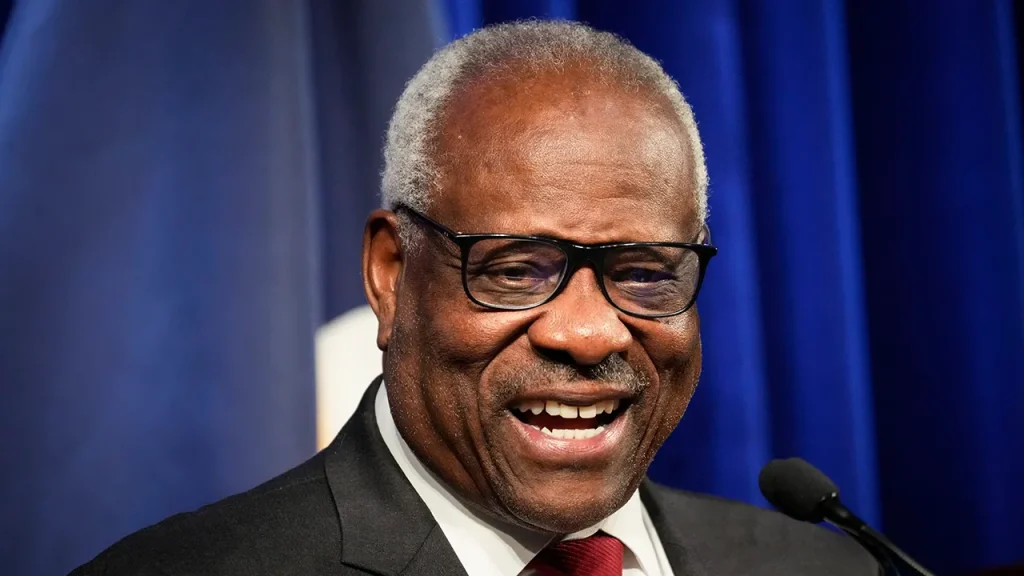On October 15, 1991, Clarence Thomas was confirmed to the U.S. Supreme Court by the Senate in a contentious 52 to 48 vote. This followed the retirement of Thurgood Marshall, the first African American to sit on the Supreme Court, after 34 years. President George H.W. Bush nominated Thomas, a 43-year-old African American judge with conservative beliefs, to fill Marshall’s seat. Thomas had previously served as chair of the Equal Employment Opportunity Commission and as a judge on the U.S. Court of Appeals.
Thomas’ confirmation process was initially expected to be smooth, but it took a turn when Anita Hill, a former aide who accused him of sexual harassment, made her allegations public on October 5, 1991. This dramatically changed the nature of his nomination, with the Senate’s judicial screening process coming under attack and Thomas’ career and reputation thrown into doubt. The Senate Judiciary Committee held four days of televised hearings on Hill’s charges starting on October 11, during which Americans were shocked by Hill’s testimony and the unsympathetic response of the all-male committee.
Hill detailed instances of Thomas’ lewd comments and unwanted advances during her testimony, while Thomas denied the charges. The Senate vote on Thomas’ nomination was 52-48, making it the closest vote for a Supreme Court nominee in over a century. Eleven Democrats and 41 Republicans supported Thomas, while 46 Democrats and two Republicans opposed him. Born in Georgia in 1948, Thomas graduated from the College of the Holy Cross and Yale Law School. He served in various roles before joining the Supreme Court, becoming the longest-serving current justice and the only one who took his seat before 2000.
Despite the controversy surrounding his confirmation, Thomas took his seat on the Supreme Court on October 23, 1991, where he continues to serve. Throughout his tenure, Thomas has been known for his conservative beliefs and has played a significant role in shaping legal decisions in the United States. His confirmation process, marked by allegations of sexual harassment and a close Senate vote, remains a contentious moment in Supreme Court history. Thomas’ journey to the nation’s highest court is a reminder of the challenges and controversies that can arise during the confirmation of justices.


